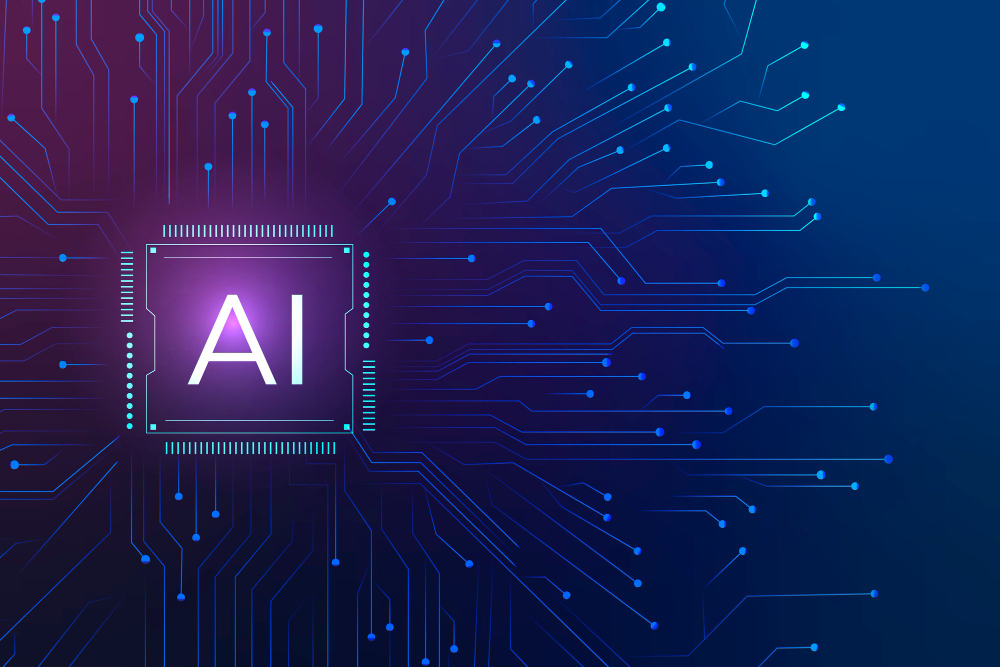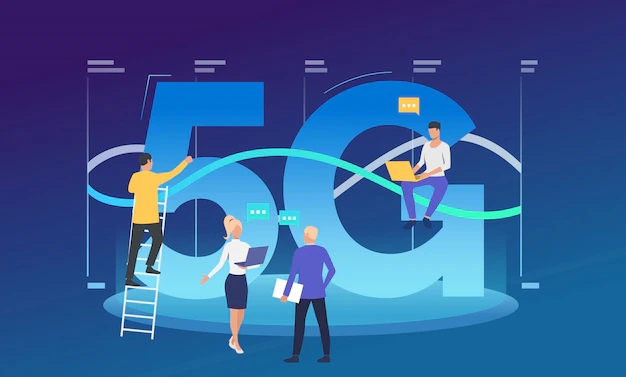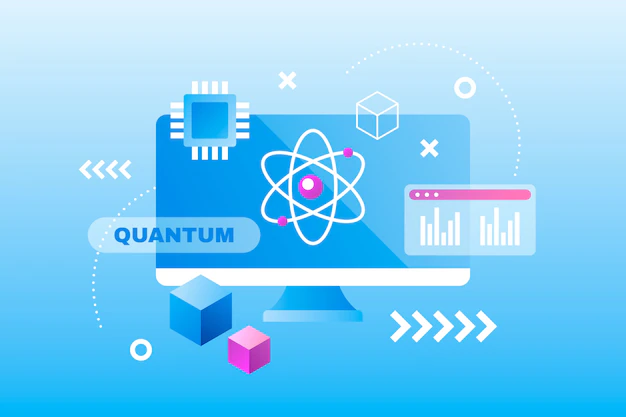Introduction:
Artificial Intelligence (AI) has come a long way since its inception, and as technology continues to evolve, the future of AI holds endless possibilities. From self-driving cars to virtual assistants, AI has already begun transforming the way we live and work. But what lies ahead? In this blog post, we’ll explore the exciting advancements in AI, the potential challenges, and the areas where AI is set to make an even bigger impact in the coming years.
What is Artificial Intelligence?
Artificial Intelligence refers to the simulation of human intelligence in machines that are programmed to think, learn, and problem-solve like humans. AI systems are capable of processing vast amounts of data, identifying patterns, and making decisions based on the information they receive. Over the years, AI has made significant progress in fields like natural language processing, computer vision, and robotics.
1. Advancements in Machine Learning and Deep Learning
One of the most exciting developments in AI is the progress in machine learning (ML) and deep learning (DL). These technologies are at the core of many AI applications and are helping machines learn from data without explicit programming.
What’s Next?
- Smarter Algorithms: Expect to see algorithms that are even more capable of learning from minimal data, reducing the need for large datasets.
- Autonomous Systems: Self-learning systems that can adapt and improve over time will revolutionize industries such as healthcare, finance, and transportation.
2. AI in Healthcare: Revolutionizing Patient Care
AI has the potential to transform healthcare by enabling more accurate diagnostics, personalized treatment plans, and even drug discovery.
What’s Next?
- AI-Driven Diagnostics: Machines will increasingly assist doctors in diagnosing diseases faster and with greater accuracy.
- Telemedicine and AI Integration: AI-powered telemedicine platforms will provide remote consultations and improve healthcare accessibility for millions of people worldwide.
3. The Role of AI in Autonomous Vehicles
Autonomous vehicles are one of the most talked-about applications of AI. Self-driving cars have the potential to reduce traffic accidents, improve fuel efficiency, and revolutionize the transportation industry.
What’s Next?
- AI-Powered Navigation: Expect better navigation systems that continuously learn from real-world traffic data to provide optimal routes.
- Safer Roads: AI will help create vehicles with enhanced safety features and improve road safety by reducing human errors.
4. AI and Ethical Considerations
As AI continues to evolve, there are growing concerns about its ethical implications. Issues such as data privacy, job displacement, and decision-making accountability need to be addressed to ensure AI benefits society as a whole.
What’s Next?
- AI Governance: Governments and tech companies will need to implement frameworks for ethical AI development, ensuring transparency and accountability.
- Bias Reduction: Efforts will be made to reduce biases in AI algorithms, making sure they treat all individuals fairly, regardless of their background.
5. AI in Business: Automating and Enhancing Operations
AI is already playing a pivotal role in businesses by automating repetitive tasks, enhancing customer experiences, and providing data-driven insights.
What’s Next?
- AI-Driven Marketing: Businesses will use AI to analyze customer data and create personalized marketing strategies that lead to higher conversions.
- AI-Powered Decision Making: Decision-making processes will become more data-driven and efficient, with AI providing real-time recommendations for businesses to act on.
6. The Rise of Artificial General Intelligence (AGI)
While current AI systems are highly specialized, AGI refers to a type of AI that can perform any intellectual task that a human can do. This marks the next frontier of AI, and researchers are working toward achieving AGI.
What’s Next?
- Versatile AI Systems: AGI could lead to systems capable of solving complex problems across various fields, from scientific research to climate change mitigation.
- Human-Machine Collaboration: AGI could lead to more seamless human-AI collaborations, where machines complement human abilities, resulting in greater productivity and innovation.
7. AI and the Job Market: Opportunities and Challenges
As AI continues to automate many jobs, there’s growing concern about its impact on employment. However, AI also creates new opportunities for skilled workers in AI development, data analysis, and related fields.
What’s Next?
- AI for Job Creation: AI is expected to create new industries and job roles in sectors like cybersecurity, robotics, and machine learning.
- Reskilling and Upskilling: Workers will need to adapt by learning new skills to stay competitive in the changing job market.
Conclusion:
The future of Artificial Intelligence is bright and full of opportunities. From revolutionizing industries to solving complex global challenges, AI is set to play an even bigger role in shaping our world. While there are still hurdles to overcome, such as ethical concerns and job displacement, the potential benefits of AI are immense. As technology continues to evolve, we can expect even more innovative applications of AI that will push the boundaries of what we thought was possible.
Stay tuned, as the future of AI promises to be nothing short of transformative.


